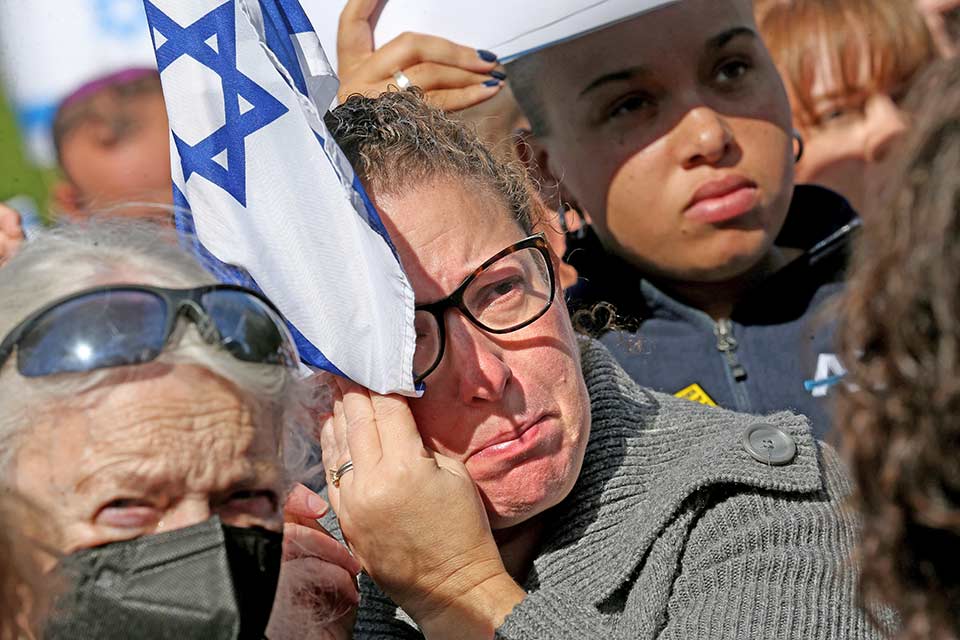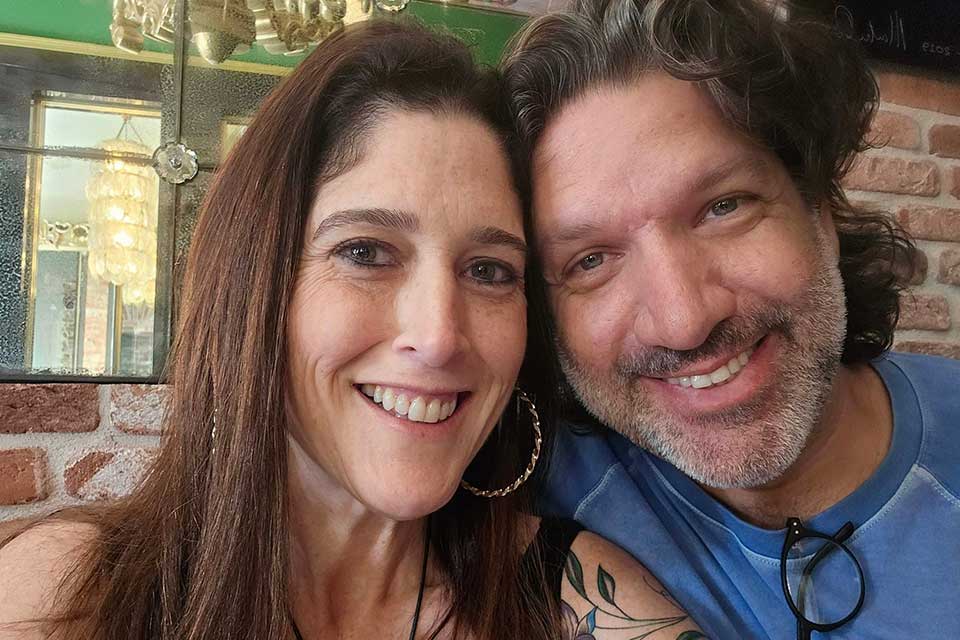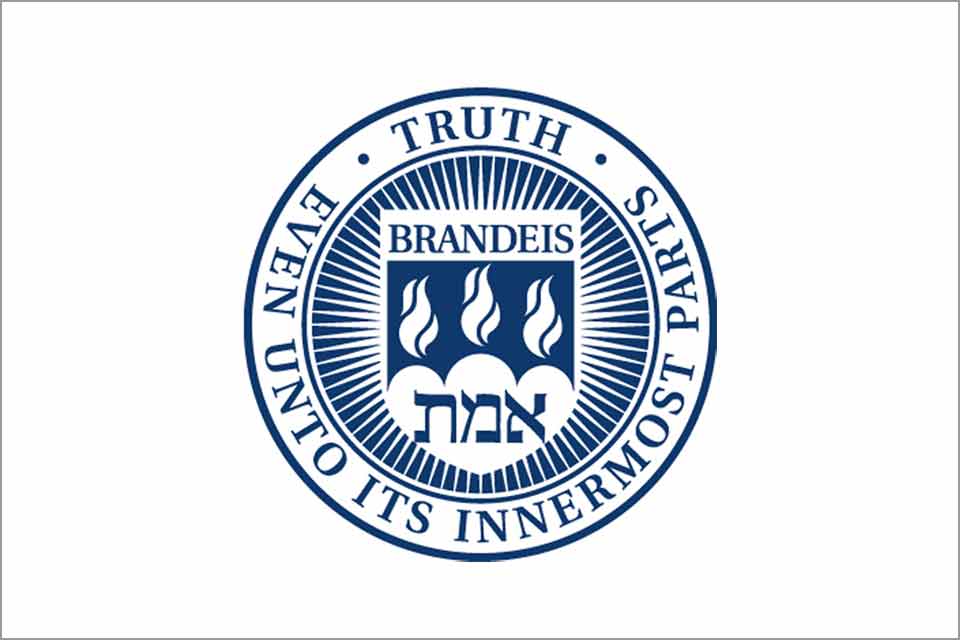What's next for Israel?

Photo Credit: Matt Stone/MediaNews Group/Boston Herald via Getty Images
October 11, 2023
A surprise attack in Israel by Hamas has left thousands of civilians dead or missing, and a nation and the world bracing for war.
Alexander Kaye, the Karl, Harry, and Helen Stoll Assistant Professor of Israel Studies and director of the Schusterman Center for Israel Studies, took time to answer questions on the attacks and what the future may hold.
How did Israel, with its intelligence capabilities, miss warning signs of a potential attack?
This is a question that all Israelis are asking right now. Many are incredulous, and angry with the government for this catastrophic failure of intelligence and military readiness. Somehow Israeli intelligence missed the massive stockpiling of rockets by Hamas, and the long preparations for a complex operation. The answer to the question is unclear and it seems likely that there are multiple reasons for the failure.
Some think there has recently been too much Israeli focus on security of settlements in the West Bank at the expense of the Southern border. Some point to recent schisms in Israeli society that have weakened the cohesion of the military.
Others believe that Israel depended too heavily on high-tech border defenses, and were therefore vulnerable to this coordinated onslaught of so many Hamas fighters. There will surely be an accounting for this failure in the months and years to come, but a real investigation is likely to wait until the end of near-term military operations.
In the aftermath of this tragedy, will Israelis set aside some of the internal conflicts of recent years to become more unified as a nation?
In times of war, there is often an increase in unity among Israel’s Jewish population. This can take place in small moments of cooperation and care between individuals and communities as well as on a political level. Indeed, it has just been announced that an emergency unity government has been formed.
Having said that, there is no question that deep schisms in Israeli society remain. In some ways, this attack may even deepen these schisms. Those opposed to Bibi and the far right are perhaps more likely to blame the policies of the current government for the crisis, while those supportive of Bibi might blame, for example, to the protests of reservists as weakening military cohesion.
Meanwhile, fundamental questions over the nature of Israeli democracy, the place of the ultra-Orthodox in Israeli society, and what to do about the occupation, will still need to be addressed in due course.
You study the history of religious Zionism. What impact do you think this attack will have on religious Zionists in Israel and elsewhere?
At the rally in support of Israel that took place on Boston Common on Monday, I saw a man in an orange t-shirt with the words “Jews don’t deport Jews” on it. It appeared to be a vintage protest t-shirt from the time that many Israelis — and in particular many in the religious Zionist community — opposed the evacuation of Jewish settlements in the Gaza strip in 2005. I overheard him telling someone that the evacuation of Gush Katif — a section of Israeli settlements in southern Gaza that were evacuated in 2005 — led directly to this moment. Putting aside the accuracy of that assessment, it seems likely that many in the community will be drawing similar conclusions.
After the Oslo Accords in 1993, the disengagement from Gaza was the main event that led to the alienation of many religious Zionists from the government and provided an impetus for new theologies that helped to produce the extreme fringes of the religious right. Though I hope it will not be the case, it seems possible that this moment will further empower the sometimes violent extremism of those fringe movements.
At the same time, there are religious Zionist groups who are holding on to the more compassionate teachings of leaders like the late Rabbi Yehuda Amital. In the aftermath of the Yom Kippur War of 1973, Rabbi Amital gave a remarkable speech in which he urged the religious Zionist community to engage in internal introspection about the causes for the war rather than rushing to point the finger of blame elsewhere. He also wrote about the religious meaning of the war and the State of Israel, while taking care to avoid the kind of dogmatic messianism of those who claim to know the precise ways of God’s working in the world.
I think this kind of ethos still motivates many in the religious Zionist community today. I can’t say they are the most vocal or numerous segment of the community, but they exist and have an important voice.


